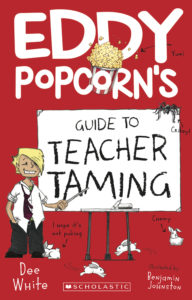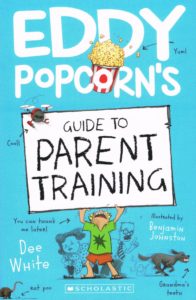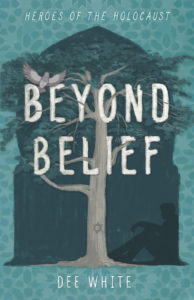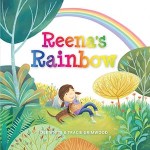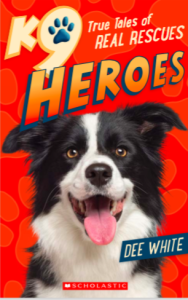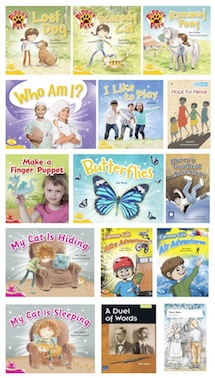PLEASE NOTE THAT YOUR NAME, AGE AND STORY NAME MUST BE IN THE SUBJECT LINE OF YOUR EMAIL!
EMAILS THAT DON’T HAVE THIS INFORMATION MAY BE SENT TO THE SPAM FOLDER AND WE WON’T GET TO READ THEM!
Our new writing competition opens today. It is open to kids aged 8+ and adults.
The theme is ‘unreal’ so you can write whatever you want as long as there is some aspect of your story that IS NOT real.
This time we have four categories:
- 8-10
- 11-13
- 14-18
- Adult
In our last competition we had a lot of trouble with entries that weren’t submitted in the right format.
We can’t read your story if we can’t open it on our computer so please follow the ‘FORMAT’ guidelines at the bottom of this post.
PRIZES AND CERTIFICATES
KIDS AND TEENS WINNERS – Winners in the kids and teens categories will receive an online writing course.
The courses have six sessions for you to read and complete, and you will receive individual feedback on your work. You can find out more about them here: http://writingclassesforkids.com/products/writing-classes/
Entry into the competition for kids and teens is FREE!
EVERY child and teen entry will receive at least a certificate.
We need to keep administration costs down so that the competition can remain FREE to kids and teens.
So, unfortunately, due to the large number of entries we receive, we are no longer able to provide personalised certificates.
ADULT WINNERS – Winners in the adult category will receive a five page manuscript assessment and a free online writing course.
The courses have six sessions for you to read and complete, and you will receive individual feedback on your work. You can find out more about them here: http://writingclassesforkids.com/products/writing-classes/
Entry into the adult writing competition is $10 to cover the administration costs. Payments can be made online through PayPal here http://writingclassesforkids.com/products/
FORMAT
Please make sure your entries are formatted correctly:
- Your entry must be no longer than 500 words.
- Your story should be double-spaced, Times New Roman font or similar, 12 point font.
- Your entry must be submitted as a WORD document attachment or pasted into the body of your email.
- The subject line of your email MUST have the following information: Your name, the age group you are entering, the name of your story and the name of the competition you are entering.
- PLEASE SUBMIT YOUR ENTRY BY EMAIL to Dee*at*deescribe*dot*com*dot*au
- Limited to ONE entry per person.
COMPETITION DEADLINE
Entries must be received in the correct format by 30 November.
Entries are welcomed from anywhere in the world as long as they are in English.
Please note that the judges decision is FINAL and no correspondence will be entered into.
More information can be found at the Competition FAQ page http://writingclassesforkids.com/competition-faq/
We look forward to receiving your entries.
Happy writing:)
Dee





